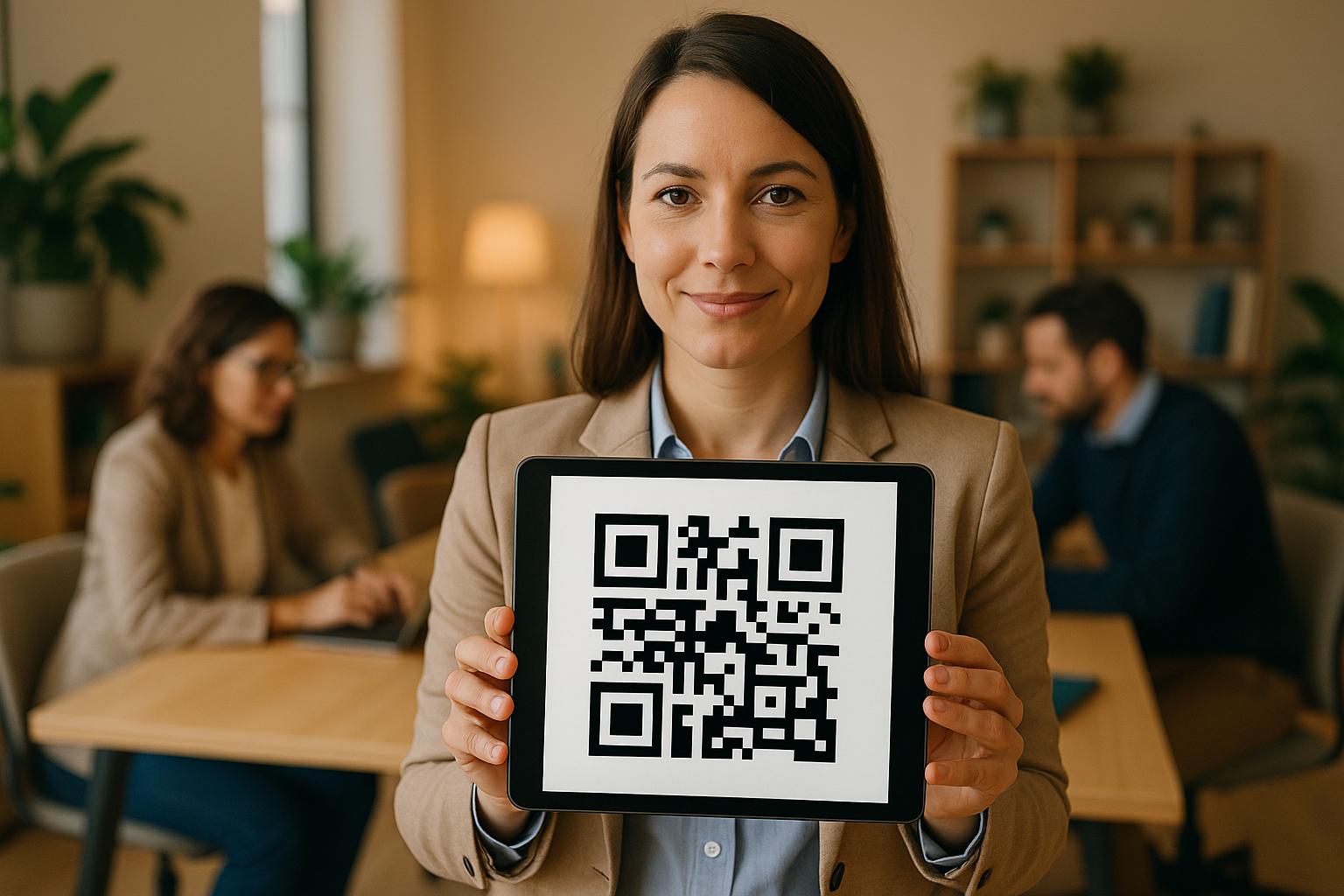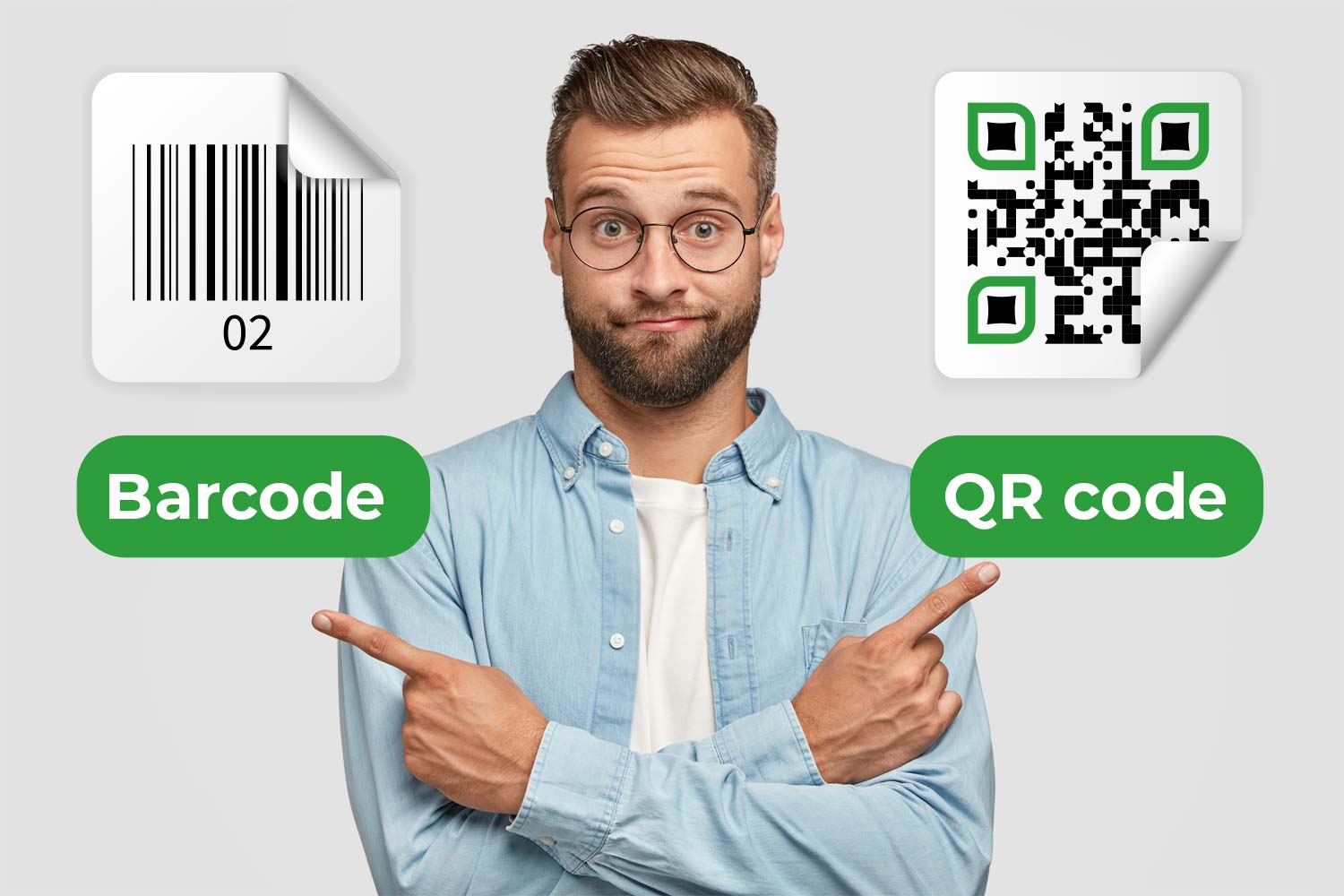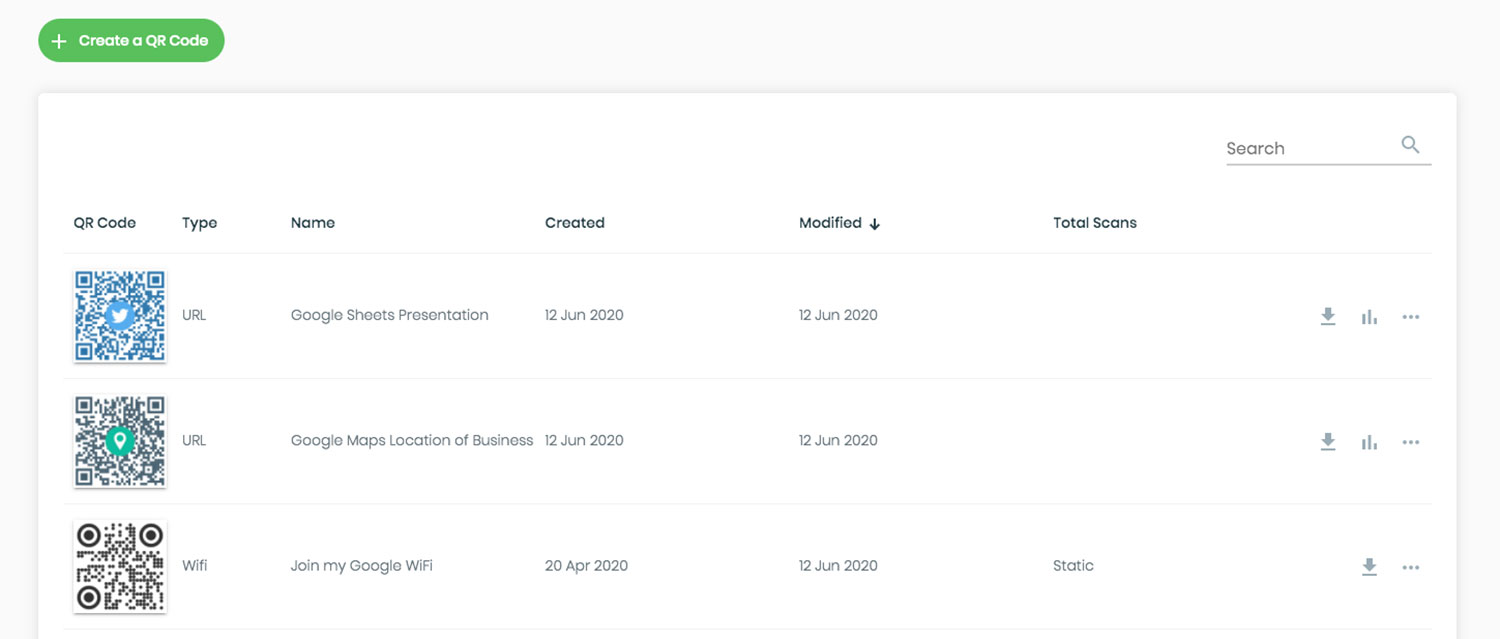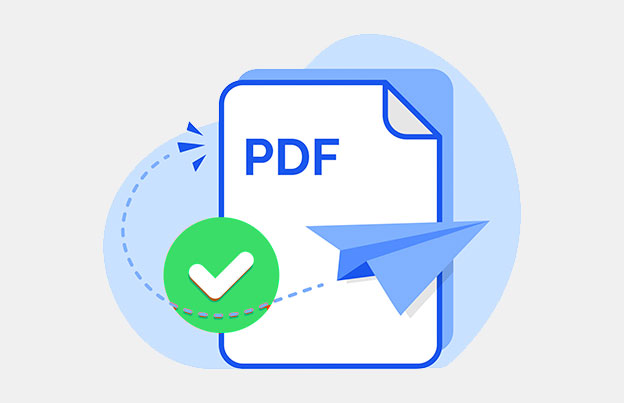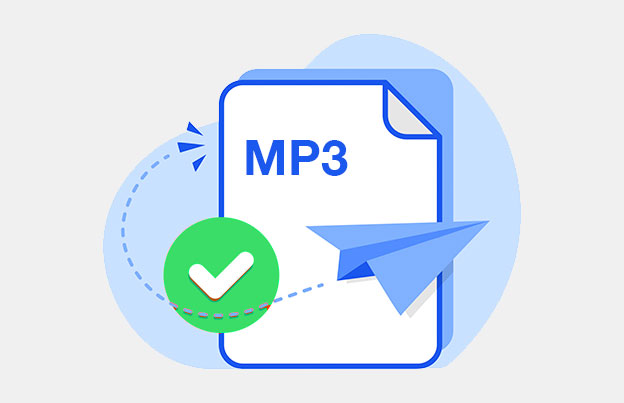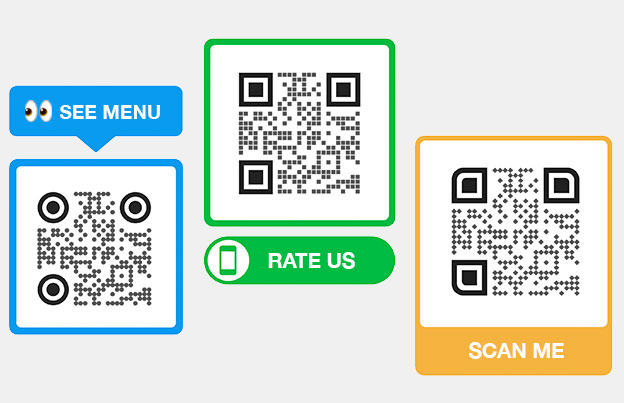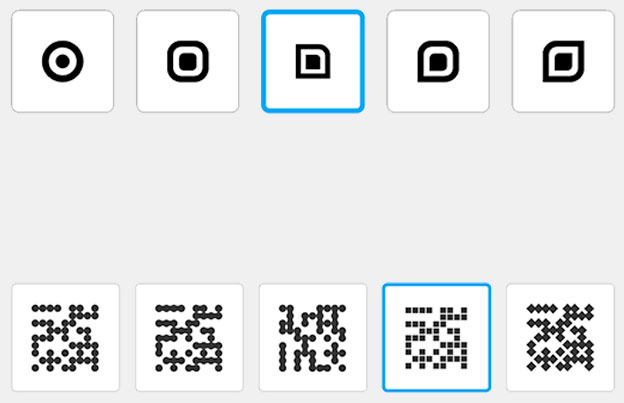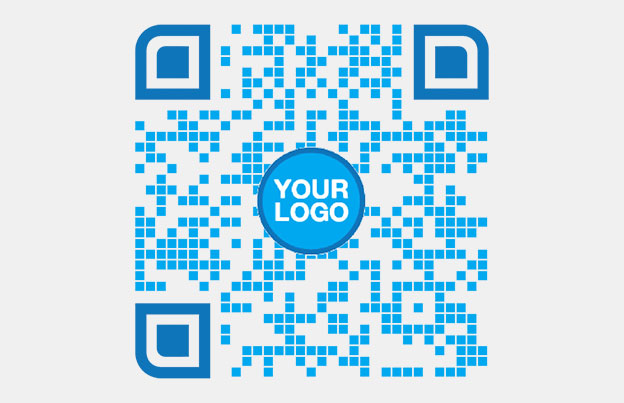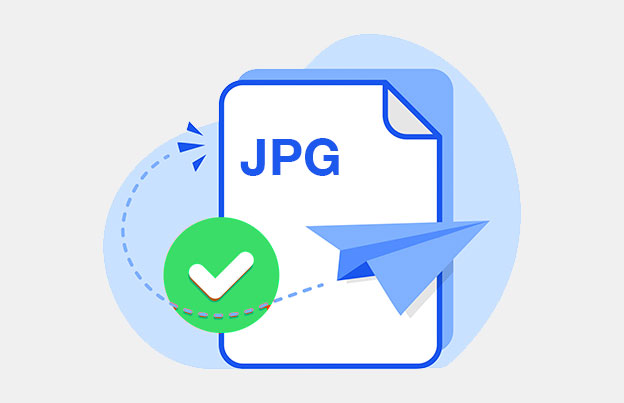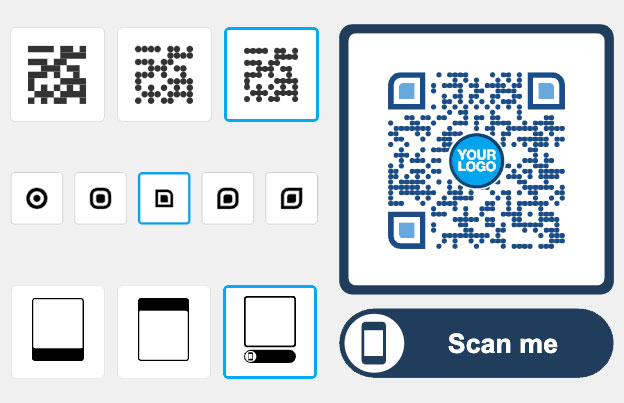You’ve probably scanned a QR code at some point, but have you ever wondered how businesses use QR codes for tracking purposes? If you’re in marketing or any business that aims to understand customer behavior, QR code tracking is a powerful tool to consider. This blog will guide you through all you need to know about tracking QR codes, different tracking systems, software, and why this technology could be essential for your business.
The Basics of QR Code Tracking
Before diving deep, it’s crucial to understand the fundamentals. QR code tracking involves using unique QR codes to track where they are scanned, how often, and sometimes even by whom.
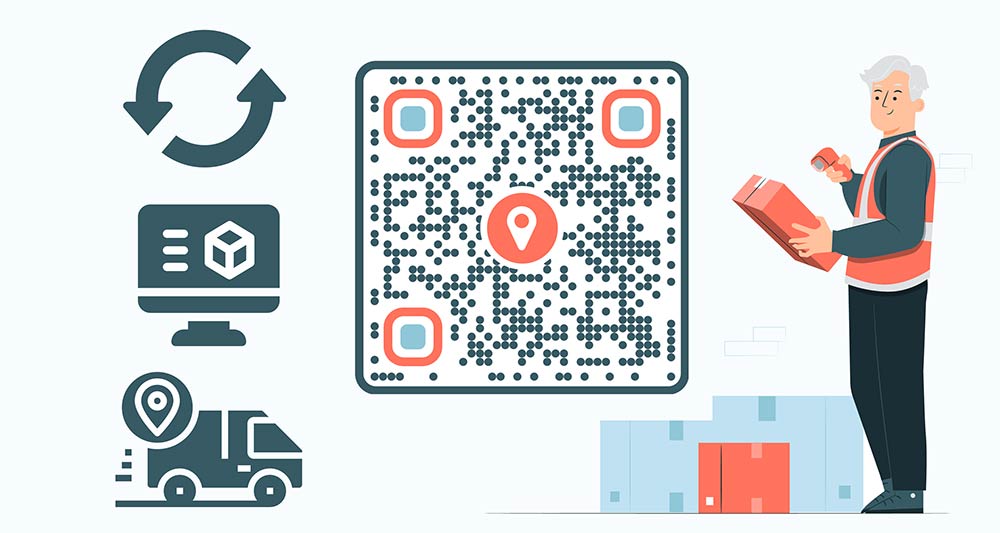
Types of QR Code Tracking Systems
🔄 Dynamic QR Codes
These codes can be changed or updated even after they have been printed.
🔍 QR Code Tracking Software
Platforms that not only create QR codes but also provide tracking services.
📍 QR Code GPS Tracking
Allows you to track the geographic location of each scan.

The Benefits of a QR Code Tracker
📈 Data-Driven Decisions
Real-time data helps you make informed decisions.
💡 Customer Engagement
Personalized marketing efforts can be made based on the tracking.
📦 Inventory Management
In retail, tracking QR codes can help manage stock efficiently.
How Can QR Codes Be Tracked?
One of the most commonly asked questions about QR codes is whether they can be tracked. The answer is yes, especially if you’re using dynamic QR codes. Tracking is typically done through a QR Code Management System that can provide you with various metrics like the number of scans, the time of scans, and the geographical location of the scanner. Some QR tracking software even offers real-time analytics.
Add tracking parameters
Customize settings to track what matters to you.
Test your dynamic QR code
Always test before going live to ensure it’s working as expected.
| Data | Description | Priority |
|---|---|---|
| Scan Count | The number of times the QR code has been scanned. | High |
| Time of Scan | The time at which the QR code is scanned. | Medium |
| Location | Geographical location where the QR code is scanned. | High |
| Device Type | Type of device used for scanning (smartphone, tablet, etc.). | Low |
| Operating System | The OS of the scanning device (iOS, Android, etc.). | Low |
Tip: Know Your Metrics
Understanding what each metric represents is crucial when you start tracking QR Codes. Familiarize yourself with terms like ‘scan locations,’ ‘unique scans,’ and ‘total scans’ to interpret the data more effectively.

📦 QR Code Product Tracker
QR code trackers aren’t just for marketers; it has found substantial use in retail. Retailers can use QR codes to manage inventory, trace product origins, and even offer additional information like manuals or user guides. For consumers, a quick scan can provide reviews, price comparisons, and other product-related data.
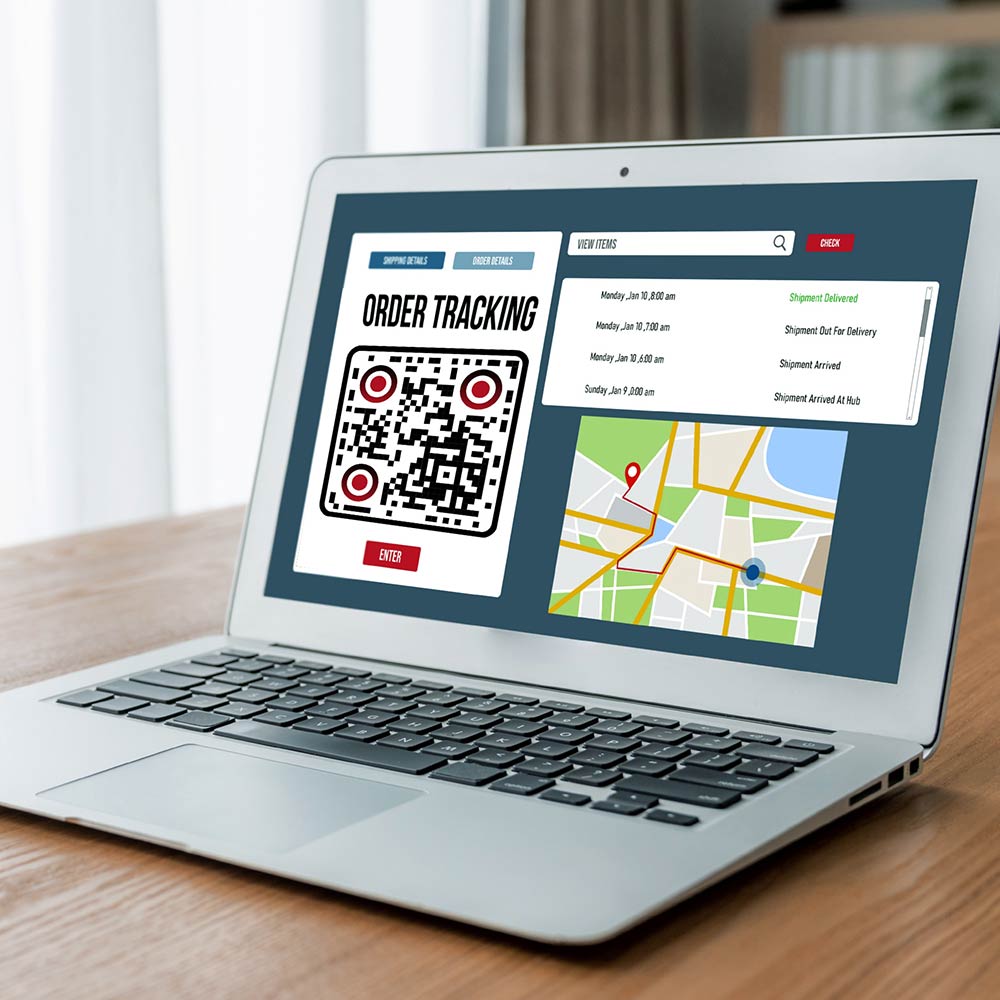
🌍 QR Code Location Tracking and GPS
While it may sound a bit like ‘Big Brother,’ QR code location tracking is primarily used for marketing analytics. This feature allows businesses to know where their codes are being scanned, thus identifying potential high-traffic areas for targeted advertising. Some advanced systems can even integrate GPS tracking to provide more detailed geographic data.
Dynamic QR Codes: The Game-Changer
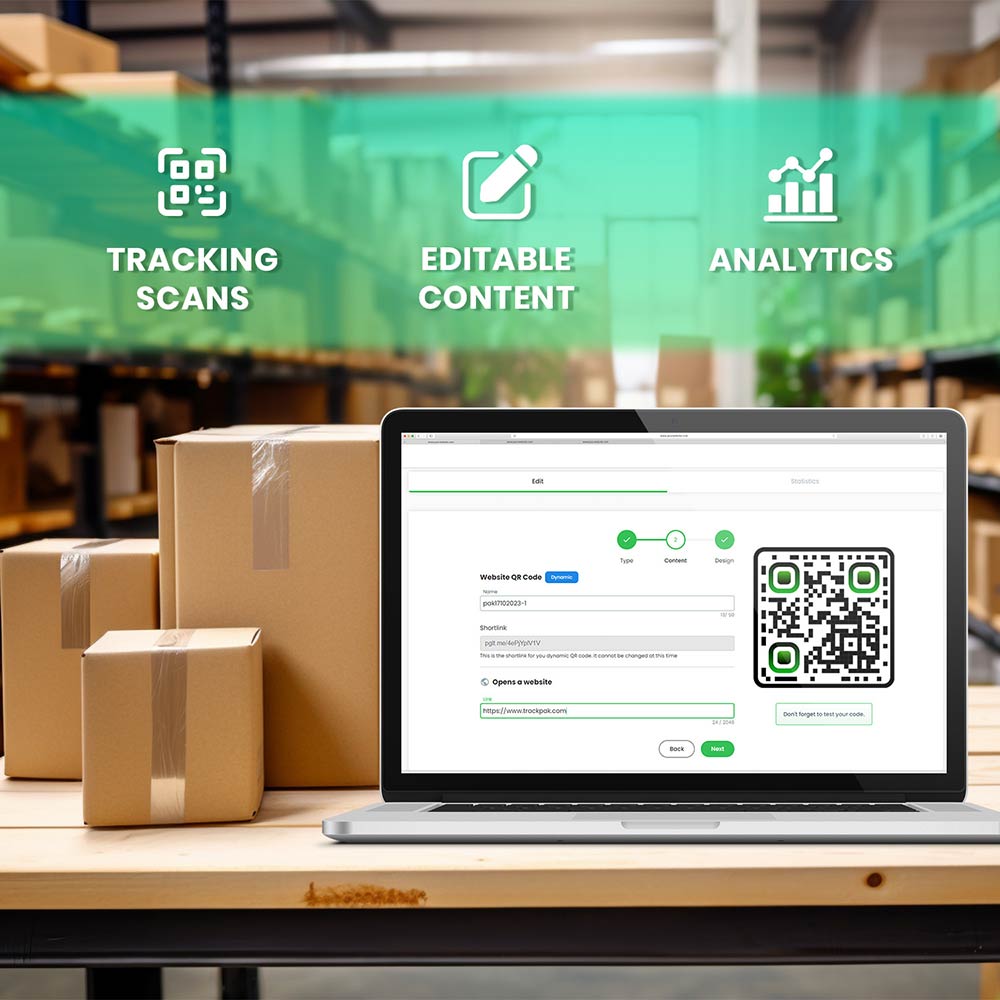
| Feature | Static QR Code | Dynamic QR Code |
|---|---|---|
| Tracking Scans | ❌ No | ✅ Yes |
| Editable Content | ❌ No | ✅ Yes |
| Geographical Tracking | ❌ No | ✅ Yes |
| Real-Time Analytics | ❌ No | ✅ Yes |
| Multiple Data Types | ❌ No | ✅ Yes |
Dynamic QR codes are the go-to solution for those who want robust tracking capabilities. Unlike their static counterparts, dynamic QR codes can be updated even after they’ve been printed. This enables a range of possibilities, such as changing the URL to which the QR code points, or updating the associated media, all while tracking each interaction.
Note: Dynamic vs Static QR Codes
Use dynamic QR Codes if you plan to track user behavior or need to update the linked content without changing the physical QR Code. Static QR Codes don’t support these features.
QR code tracking provides a treasure trove of actionable insights that can significantly impact your business strategy. Start using QR tracking today to elevate your marketing, customer engagement, and much more.
Frequently Asked Questions

Yes, QR codes can be tracked using specialized QR code tracking software, allowing you to gather valuable data such as scan time, location, and frequency of scans.
QR code tracking typically involves using a dynamic QR code and specialized tracking software. These tools collect data each time the QR code is scanned.
Dynamic QR code tracking allows you to change the destination URL without altering the QR code itself. It also enables more robust tracking options.
Static QR codes don’t allow for tracking scans or any real-time analytics. On the other hand, dynamic QR codes allow you to track various metrics like scan count, location, and even device type.
You can track the geographical location by using dynamic QR codes and a compatible QR tracking software that offers this feature. This can provide insights into where your marketing is most effective.
You can collect various types of data, such as the number of scans, time of scans, device type, operating system, and even user location, depending on the QR code type and the tracking software you use.
Yes, many advanced QR code tracking solutions allow integration with other analytics tools like Google Analytics. This can provide a more holistic view of your customer engagement strategies.


